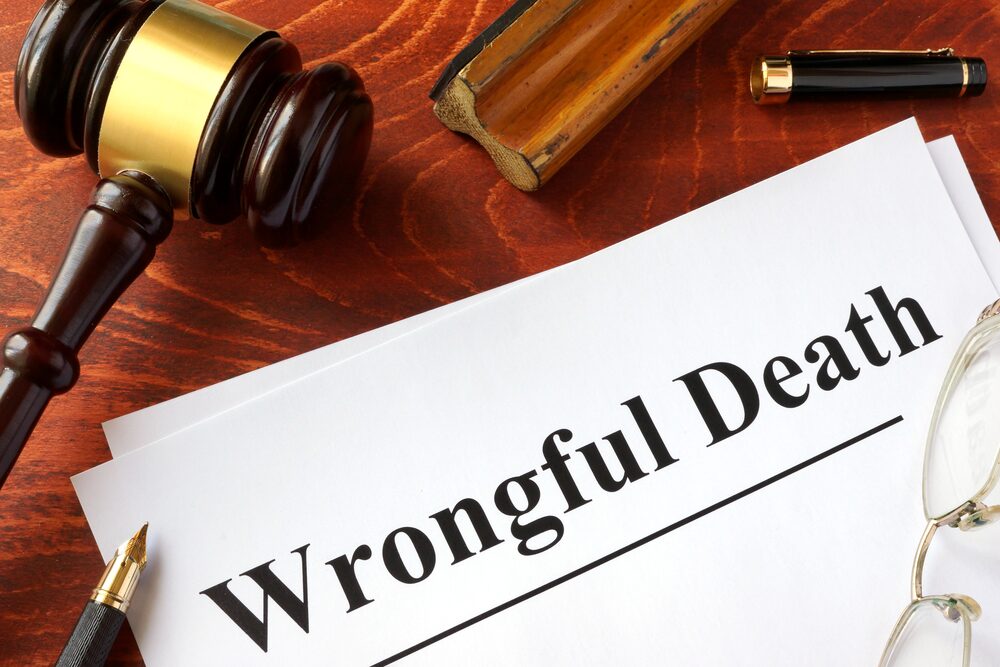
The loss of a loved one is such a dramatic impact to a family’s life, it leaves a permanent shift in how people think, behave and plan going forward. It involves a visceral period of grief, and then recovery to finally moving on. However, the last thing anyone also expects to be dealing with is a wrongful death situation as well.
That said, if there is a suspicion that a loved one’s passing could have been avoided or was due to someone’s responsibility or failure of it, then it’s time to bring in legal help as soon as is reasonable.
1. Not a Perfect Science
Wrongful death cases are not straightforward the way a dog bite or vehicle accident may be legally. Instead, they tend to be complex, involve a lot of details and facts, and require a series of solid connections to the behavior or lack of action by a responsible party and a death that could have been prevented.
That’s a tall order under most circumstances except maybe the most obvious of cases, and those typically turn into criminal cases for manslaughter at least.
However, in the civil law world, wrongful death is driven by extensive evidence creating a relationship and significant pattern of action that leaves no doubt how responsible a party was for someone’s untimely passing. Legal experience and skill makes a big difference here in the success of such a case.
2. Evidence is Key
The tremendous challenge of succeeding in a wrongful death case, especially given the emotion and anger that the victim’s passing could have been avoided, comes with a consistent and comprehensive approach to the evidence involved.
By building a solid case, piece by piece and document by document, a wrongful death attorney can represent a family and bring a sense of justice again for their lost one. That documentation comes in all forms, from medical records and cause of death to how the responsible party behaved or didn’t. Ironically, many cases find their strongest evidence from the responsible party’s own words, usually in the form of emails or texts regarding the deceased.
Photographs also provide a tremendous amount of evidential strength as well. And, many cases are now bringing in forensic science, showing that the choice of equipment, materials or actions are directly tied to someone’s injury and passing, regardless of anecdotal denials.
3. Skill & Experience Make a Difference
The law cannot guarantee the results of pursuing a case in court. Anyone who promises that is pitching something they cannot consistently deliver 100 percent.
However, experience and skill in representing families in wrongful death cases by and far makes more of a difference than any other factor, and legal offices with a significant depth.
The difference comes with practice, understanding how local court rules work, handling evidence and related motions, and using discovery effectively to build a valid and strong case.